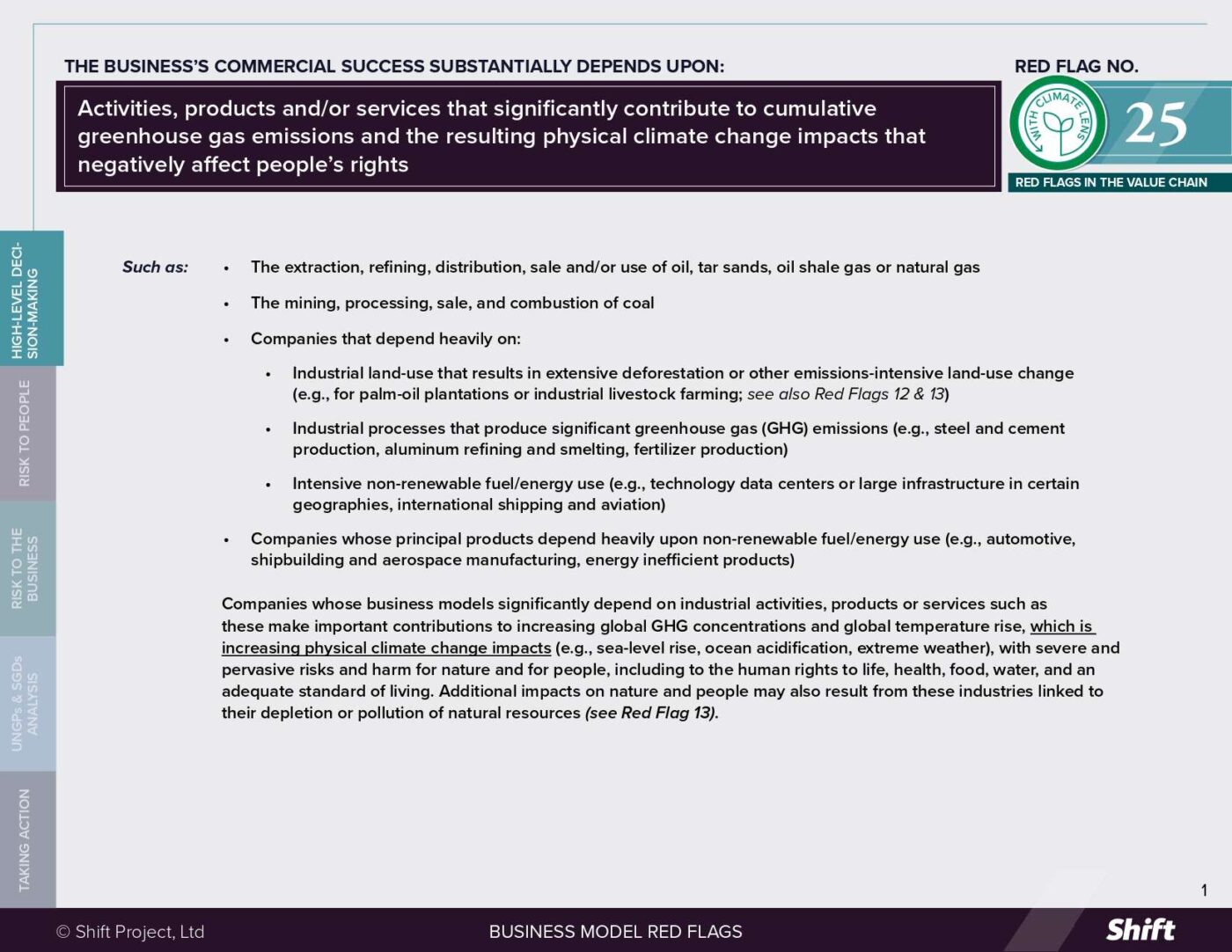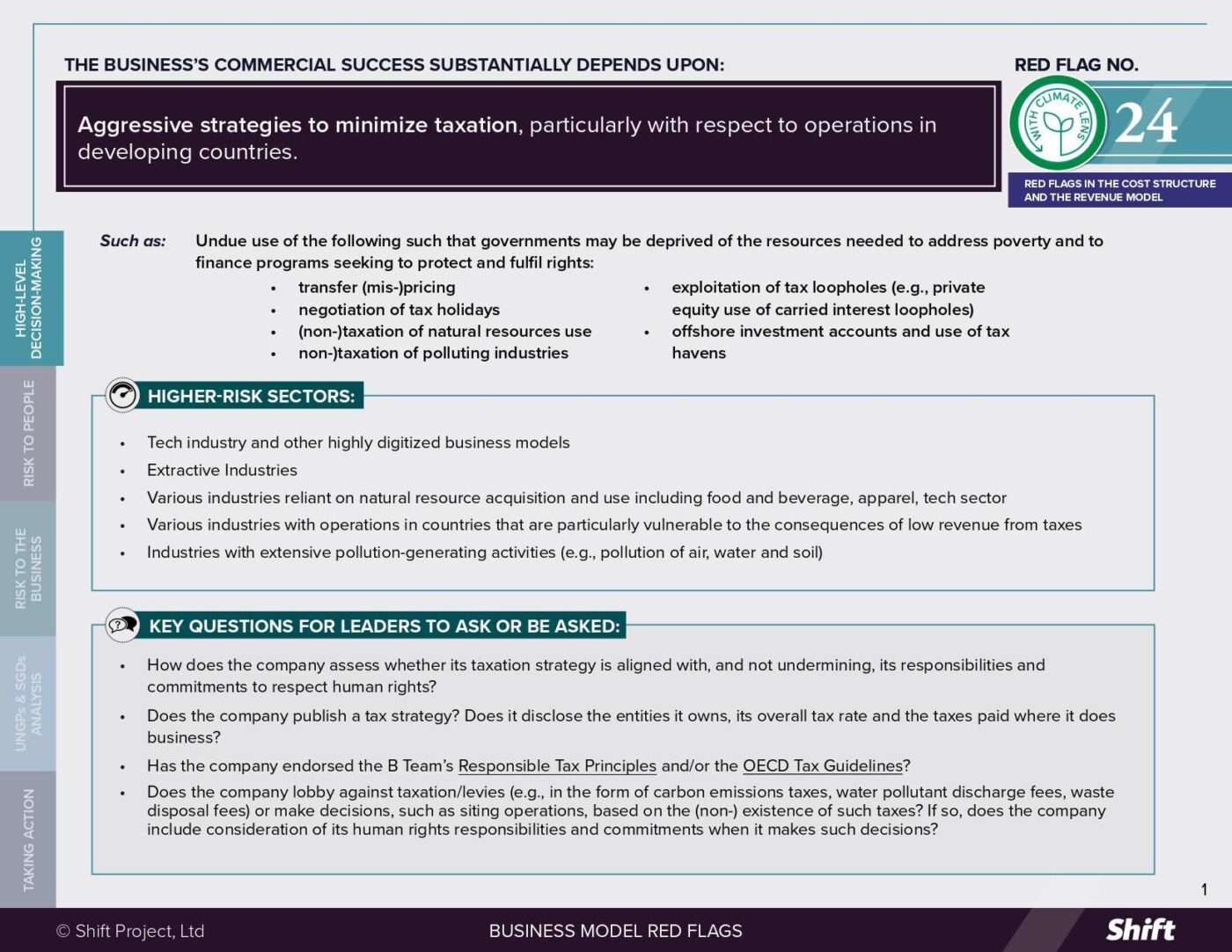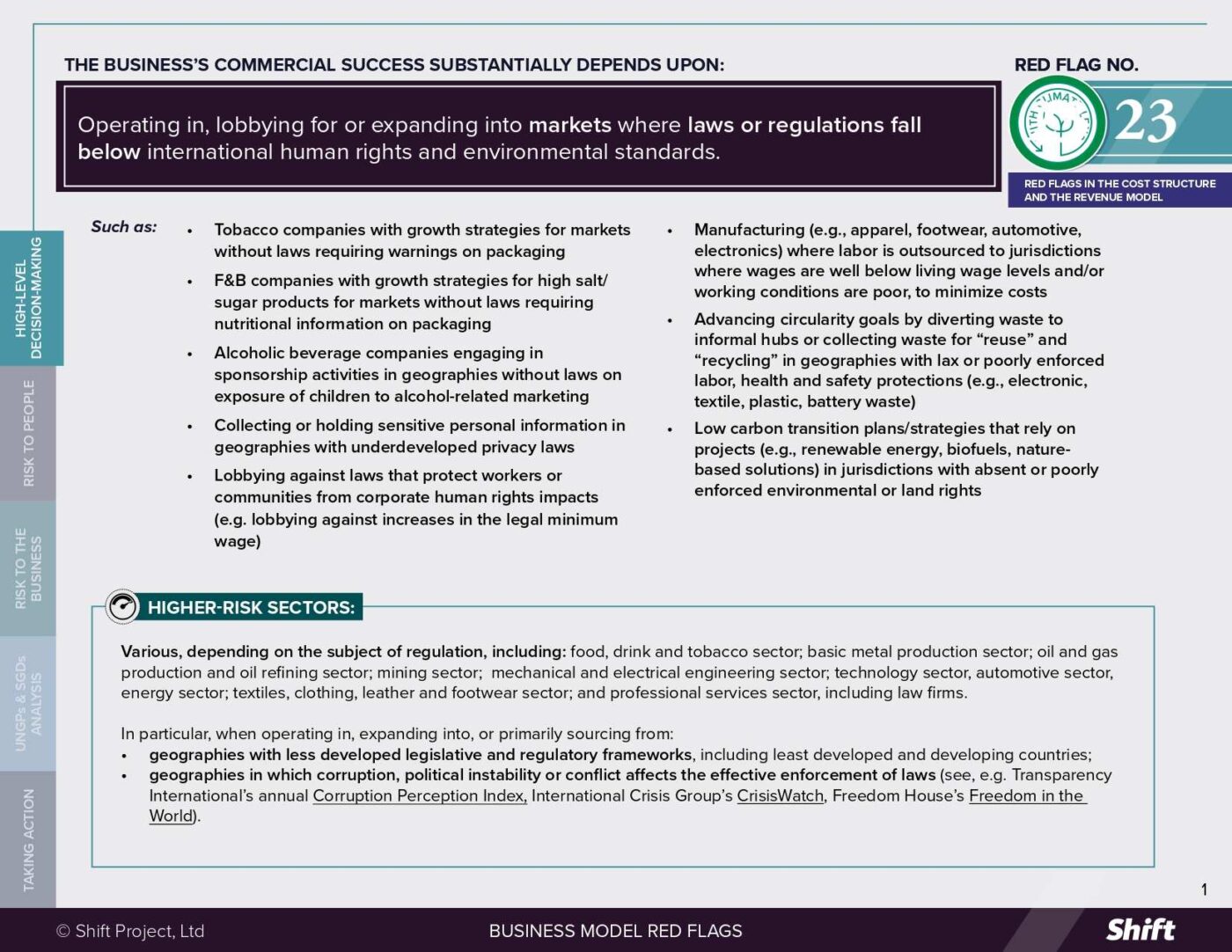This initiative developed into the Human Rights Reporting and Assurance Frameworks Initiative. In 2015, the initiative published the UN Guiding Principles Reporting Framework, the world’s first comprehensive for companies about how to report on human rights. The RAFI team is currently finalizing the assurance guidance that supports the Framework. | Also see: Shift’s reporting expertise
Mazars and Shift are proud to announce the launch of their collaboration to develop global human rights auditing standards for companies, in line with the UN Guiding Principles on Business and Human Rights.
Mazars is an international, integrated and independent organization specializing in audit, advisory, accounting, tax and legal services. The Group has a direct presence in 69 countries worldwide and draws on the expertise of more than 13,000 professionals to assist companies and public bodies at every stage in their development. In 2011, Mazars won the Innovation of the Year Award from the International Accounting Bulletin for its human rights audit practice.
Shift is an independent, non-profit center for business and human rights that works with governments, businesses and their stakeholders to embed the UN Guiding Principles into practice. It is chaired by Professor John Ruggie, former Special Representative of the UN Secretary-General and author of the Guiding Principles.
Mazars and Shift will lead a two-year project to develop a twin set of standards for auditing companies in line with the UN Guiding Principles on Business and Human Rights:
- A global and widely accepted standard for business to report on their implementation of appropriate risk management procedures, in line with the Guiding Principles; and
- A global and widely accepted assurance standard to assess companies’ performance with regard to human rights risk management, designed around existing auditing standards (and with input from those who apply them) and building on the valuable experience gained by Mazars in developing its own award-winning human rights audit process.
The standards will encompass all elements of companies’ responsibility to respect human rights under the UN Guiding Principles. Moreover, they will be grounded in extensive multi-stakeholder consultations, focused primarily in the ASEAN (Association of South-East Asian Nations) region. To this end, Mazars and Shift will work in close liaison with the Human Rights Resource Centre for ASEAN. However, they will also welcome inputs from all interested stakeholders globally.
The UN Guiding Principles offer the authoritative global standard on business and human rights. Their second pillar, focused on the corporate responsibility to respect human rights, sets out the processes companies need to have in place to “know and show” that they do respect human rights in practice. These processes, such as human rights due diligence, can be built onto and into a company’s existing management systems. “In some regards, quality auditing of human rights processes has been the missing part of the ‘systems’ picture,” commented Caroline Rees, President of Shift. “Companies will increasingly need to – and I believe want to – be able to verify whether they are on track as they continue their journey of ensuring that respect for human rights is embedded throughout their operations. We can expect investors, financers, consumers, as well as governments to also have an interest in this kind of assurance. They want to know the difference between mere ‘lip service’ and meaningful implementation. This project will aim to meet the challenge of developing business and assurance standards that can tell the difference.”
James Kallman, President of Mazars in Indonesia and Head of its Global Human Rights Practice added, “ASEAN is the ideal region within which to develop these standards. It has huge significance for the global economy, with fast-growing domestic corporations as well as foreign investment, but also concerns and conflict related to human rights issues due to the impact of corporate activity. If we can develop an audit standard that makes sense to all stakeholders here, then it will undoubtedly make sense everywhere. We are honoured that in this endeavour we will be working with Marzuki Darusman, Executive Director of the Human Rights Resource Centre in ASEAN and a human rights icon within the region.”
Mazars and Shift look forward to working with all interested stakeholders during the course of this project.



